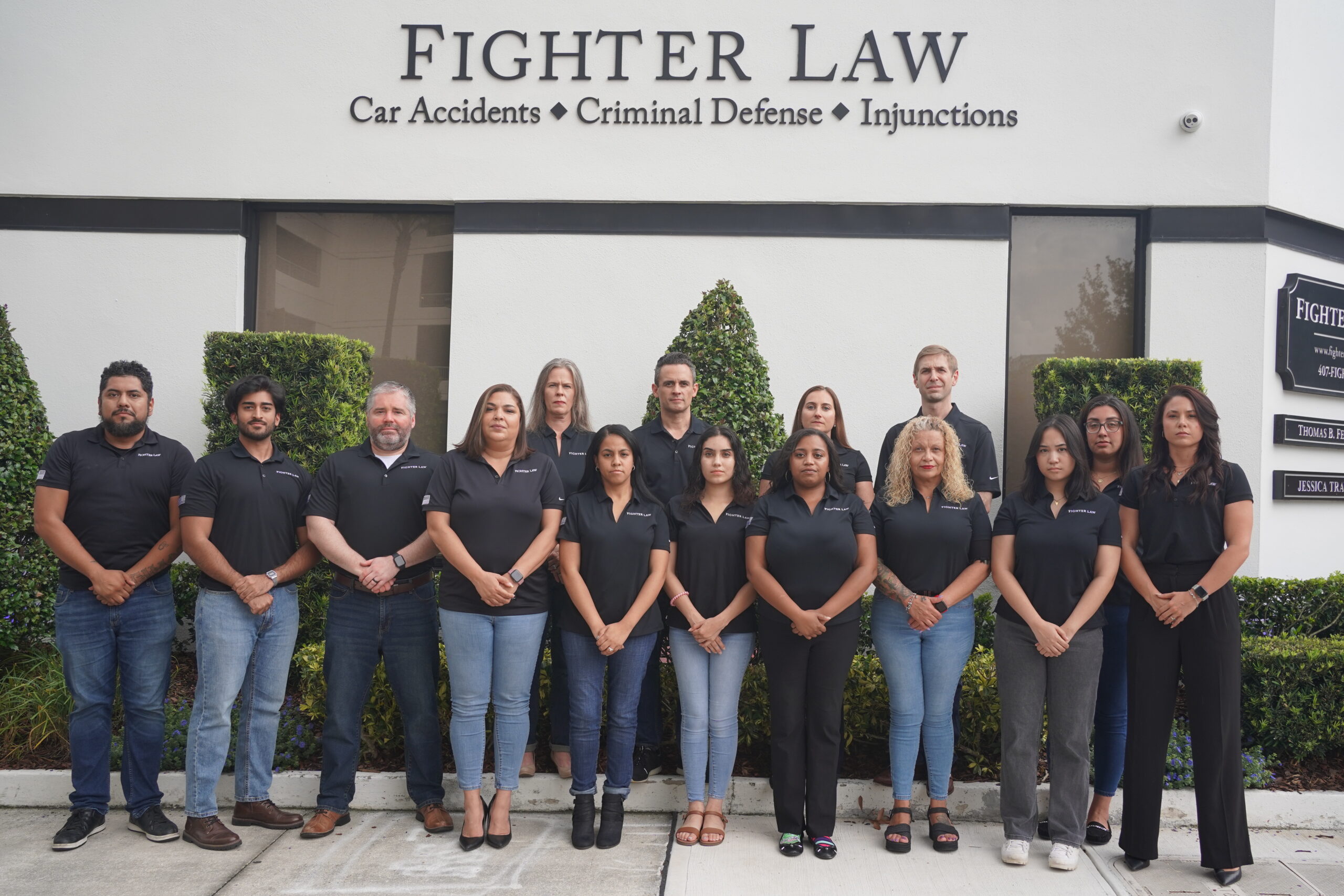Theft Crimes and Shoplifting (Petit Theft)
On this page
What counts as “theft” in Florida?
Under Florida law, a person commits theft when they knowingly obtain or use someone else’s property (or try to) with the intent to temporarily or permanently deprive the owner of it, or to use it for someone not entitled to it. In short: it’s not an accident — it involves intent.
Main types of theft crimes (simple guide)
| Type | What it means (plainly) | What affects the charge |
|---|---|---|
| Petit Theft | Lower-value thefts. Often shoplifting small items. Usually a misdemeanor. | Value under the felony line; prior theft convictions can raise the level. |
| Grand Theft | Higher-value thefts or special items/circumstances. Always a felony. | Value at or above the felony threshold; property type (e.g., firearm); taken from a dwelling; number of victims, etc. |
| Retail Theft (Shoplifting) | Taking store merchandise, altering price tags, moving items between packages, or removing a shopping cart. | Value of merchandise, prior convictions, method used. Can be misdemeanor or felony. |
| Theft from a Dwelling / Curtilage | Taking from a home or the immediate area around it (like a porch or unenclosed yard). | Even lower-value items can be charged more seriously if taken from a dwelling/curtilage. |
| Theft from a Person 65+ (Elder Victim) | Stealing from someone age 65 or older. Florida treats this more seriously. | Value tiers are stricter; penalties increase based on amount taken. |
| Dealing in Stolen Property | Buying/selling/trafficking property you know or should know is stolen. | Usually a felony; proof you knew (or should have known) matters a lot. |
| Other related crimes | “Taking by trick” or deceit (fraud), embezzlement, forgery, identity theft, worthless checks, vehicle theft, etc. | Each has its own statute. The facts, value, and method drive the penalties. |
Note: The same act can be charged differently depending on value, location, item type, and your record.
Value thresholds & degrees (quick chart)
- Under $100: typically lower-tier petit theft (misdemeanor).
- $100 to < $750: upper-tier petit theft (misdemeanor).
- $750+: usually grand theft (felony), with higher degrees at $20,000+ and $100,000+.
Special rules can raise the level (e.g., theft from a dwelling, firearms, or an elderly victim).
Misdemeanor vs. felony theft
Petit theft is usually a misdemeanor. Grand theft is a felony. Prior theft convictions, the victim’s age, the type of item, and where the property was taken can all elevate charges.
Potential penalties & consequences
- Jail or prison time (from up to 60–365 days for misdemeanors to years for felonies)
- Fines and court costs
- Restitution (repaying the value)
- Driver license consequences in certain retail theft scenarios for minors
- Collateral impact: employment, licensing, immigration, housing, and more
Common defenses & ways to fight
- No intent to steal (mistake/permission/plan to return)
- Identity or proof issues (video quality, misidentification)
- Value disputes (the property is over- or undervalued)
- Procedural problems (illegal search, improper detention, or evidence handling)
- First-offender outcomes may be possible depending on the county and facts
Florida theft FAQ
Is shoplifting always a felony?
No. Low-value shoplifting is usually charged as petit theft (a misdemeanor). It can become a felony if the value meets the grand-theft line or other factors apply.
What value makes theft a felony in Florida?
Generally, when the property value is $750 or more. Higher tiers (e.g., $20,000+; $100,000+) increase felony degree and penalties.
Can theft from a home be treated more seriously?
Yes. Taking property from a dwelling (or its unenclosed curtilage) can elevate charges, even if the dollar amount is lower.
Do prior theft convictions matter?
They can. Prior theft history may increase the level of a new charge and affect sentencing options.
Talk to a Florida theft defense lawyer
Our board-certified criminal trial attorneys defend theft cases across Central Florida. The sooner you involve us, the more options we can preserve. Call us now or send a message to get a strategy session started.








